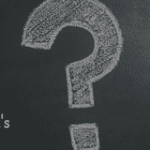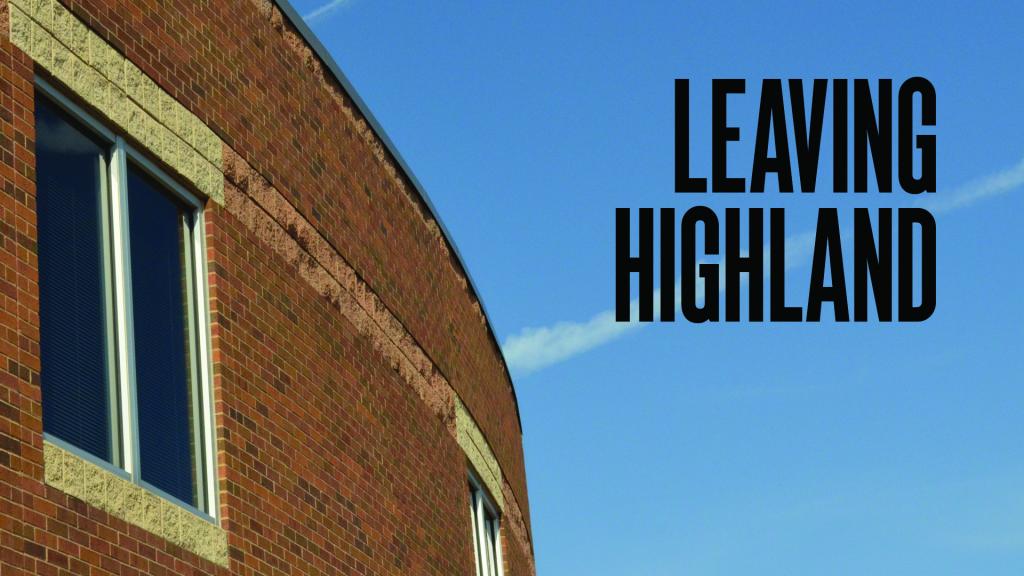
“So why are Muslims killing Christians over there?”
Usually right after I am asked this question I feel my husband politely squeeze my elbow in a gentle reminder that I would do well to try and not permanently offend the kindly elder at a church that helps financially support our work with the more pointed edges of my geo-political opinions. Because he knows that somewhere deep inside I am tempted to respond with a terse “They’re not,” and then head towards the donut table.
Even in my less mature moments, I know it’s not that simple. The ISIS attack on Coptic Christians in Egypt, or the 3R Christian rebel attack on Muslim civilians in the Central African Republic, both just weeks ago, are painful reminders of the terrible ways people of one religion can terrorize members another. Reality does sometimes play right into the hands of over-simplified narratives of fear.
But at the end of the day, these cases are almost always the outliers. Because we are far more likely to abuse and be abused by people who are very much like us than by someone who is not. Our worst enemy usually is a lot more like the person in the mirror than anyone else.
Take where I live for example. At the height of the dry season you can sometimes hear the sickening thud and rattle of bombs being dropped out of Antanov planes over small villages about 50 miles away. The pilots of those airplanes are Muslim men who probably pray more times a day than I do and fast Ramadan. And the men, women and children hiding in dirt foxholes below them? They’re Muslims too. Their skin may be a different color than the pilots, and most of them are not literate enough to read the Koran, but they also pray to Allah, and believe that Mohammed was the great prophet.
And then there is the war to the South of me. It is a different conflict altogether than the one to the North. And on days when I can hear the distant rhythm of a howitzer pounding out artillery shells, it is usually members of a Christian tribe aligned with the president blasting the heck out of another Christian tribe who follow the lead of a guy who looks a lot like the president. As far as stereotypes go, both tend to really value things like large herds of cattle and being extraordinarily tall.
And each group has thousands of churches among them.
These are oversimplifications. But where I live it’s pretty straightforward. Muslims are killing Muslims and Christians are killing Christians. It’s been that way for a while. And honestly, I don’t think it’s all that unique in the world. Catholics and Protestants. Sunnis and Shias. Republicans and Democrats. Church of Christ and Baptist. A lot of times we are two sides of the same tarnished coin.
We are all familiar with Jesus’ command to love our enemies and to do good to people who hate us. It’s Jesus 101. It’s beautiful and unique and holy.
And, extraordinarily hard.
I don’t know who immediately comes to mind when you picture your enemy. Maybe it’s a personal enemy or an adversary to your values and beliefs. Perhaps we imagine someone on the other side of the world who is fighting American soldiers, or any one of the various occupants of the white house over the past few years. Maybe it’s someone you work with or live with or go to church with, someone you actually interact with in real life. I don’t know about you, but there have been times that I have been tempted to view the belligerent person who spouts half-baked opinions all over my social media page as something akin to an enemy.
But, more often than not, these people, the ones that most deeply rouse our anger and resentment, the people we might be the first to label as “enemy” – these are often the people that we are most like. When Jesus tells us to love our enemy, he is sometimes calling us to love someone remarkably like ourselves.
Maybe that idea is not a disagreeable one. Stopping to imagine the people that most upset us – whether they are on the other side of the world or the other side of the bed – as being motivated by the same loves and fears as we are can be a little comforting. We are not all that different. With some work, dialogue and understanding are possible.
But maybe the idea that we are most like our enemies is a little bit horrifying. And that deserves reflection too. Because people can truly be horrifying. But is it possible that sometimes what most repulses us about their lives says as much about us and our own flaws as it does about theirs?
We recently became friends with a wealthy North African couple. My husband Russell goes to coffee with Abdul often and they enjoy rich conversations about lots of things. Sometimes it is the politics of our two respective nations (one of which is levering sanctions against the other). Other times it is organized leadership of our respective systems of faith. Many times it is about how to raise our young children to be both open-minded and faithful in cross-cultural contexts. After several of these meetings Russell came home and announced, “I am Abdul.” (To which I responded, “That’s nice dear, I’ll let you write home to our supporting churches about that one.”).
He explained. In North Africa, Abdul is a nice, middle-class guy trying to raise his boys to be good Muslim men and get decent jobs. He doesn’t want to pick a fight with anyone, but as an Arab man in an Arab majority world, the national policies of his government are working out alright for him.
We work in a part of North Africa where Arabs tend to be the “bad guys” in the stories we are often told. The communities we are closest to have faced a lot of oppression at the hands of an Arab Islamist government. But after spending time with Abdul, (one of the nicest people you will ever meet, by the way), Russell began to see his own cultural heritage in a new light. In America, Russell is a middle-class, educated, white, evangelical who grew up in the Bible Belt. He’s also a really nice guy. And he’s inherently part of systems that have been catastrophically harmful to others.
Not so unlike Abdul.
From the outside looking in, you might think the Arab business man and the American missionary sitting over a cup of coffee are more different than they are alike. On the spectrum our world creates today, they are on opposite ends, each fitting into too many boxes that are mutually exclusive.
But in reality, they are really something more like peers. And peers both in the ways that give me warm fuzzies, as well as in ways that make me really uneasy.
Polarizing narratives are everywhere. They’re cheap and fast and go down easy. But the bittersweet, complicated mess that is reality is often harder to tease out. It requires more of us. It costs something.
If we are to truly love our enemies, we might start with taking a closer look at the people we hate. Sometimes the differences between us are immense, and complicated and very, very real.
But often, you might find they are not nearly as real as we might once have thought. Whether through the gifts our enemies bring to the table that we share, or the sins they struggle with that illuminate our own, getting to know our enemies gives us an opportunity to love and to grow in ways we might never have imagined.









